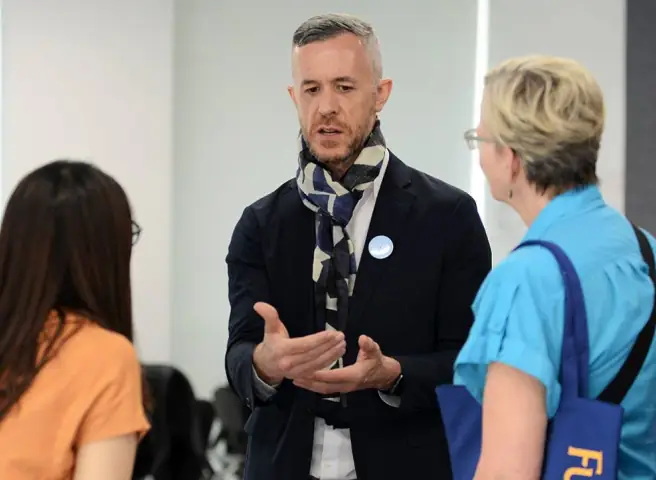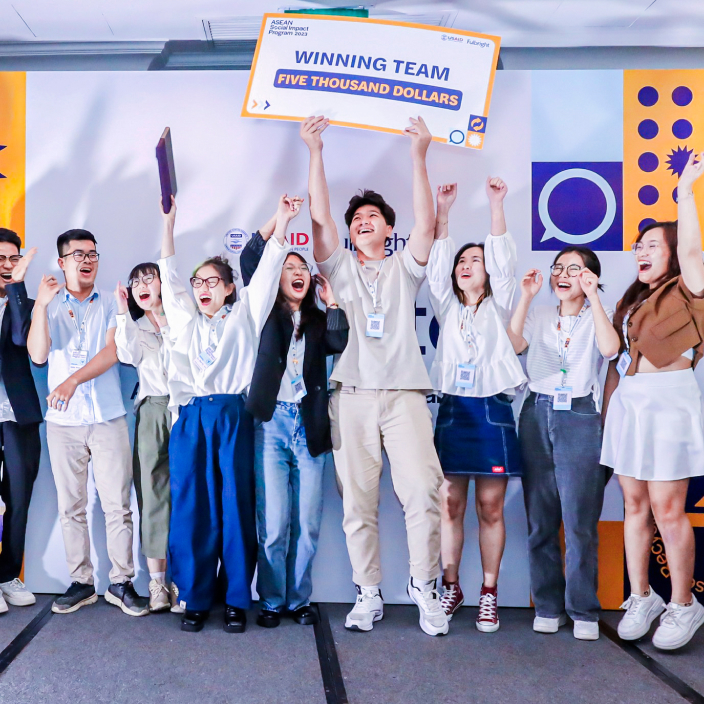Kết nối với chúng tôi

(English below) ✨ LỜI CHÚC NĂM GIÁP THÌN 2024 ✨ Bước sang thềm năm mới Giáp Thìn, Đại học Fulbright Việt Nam xin được gửi đến mọi nhà lời chúc tốt đẹp nhất 🐉 Với trái tim tràn đầy hy vọng hoà cùng niềm vui đầu năm, chúng tôi vô cùng trân trọng sự tin tưởng và hỗ trợ vô giá Fulbright nhận được trong hành trình vừa qua, là động lực hướng đến những điều tuyệt vời sẽ tiếp nối trong năm nay 🌟 Nhân dịp năm Rồng, Fulbright xin kính chúc vạn sự hanh thông, mọi niềm mong thành hiện thực 🌟 --- ✨ HAPPY LUNAR NEW YEAR 2024 ✨ As we step into New Year, the Year of the Dragon, Fulbright University Vietnam would like to extend our best wishes to everyone 🐉 With hearts filled with hope and joy as we embark on the new year, we deeply appreciate the invaluable trust and support Fulbright has received on our journey thus far, serving as motivation towards the wonderful things that will continue in the year ahead 🌟 As the Dragon's year unfolds its tale, Fulbright extends wishes, setting sail. Prosperity's breeze, in every gale, May dreams come true, without fail 🌟





